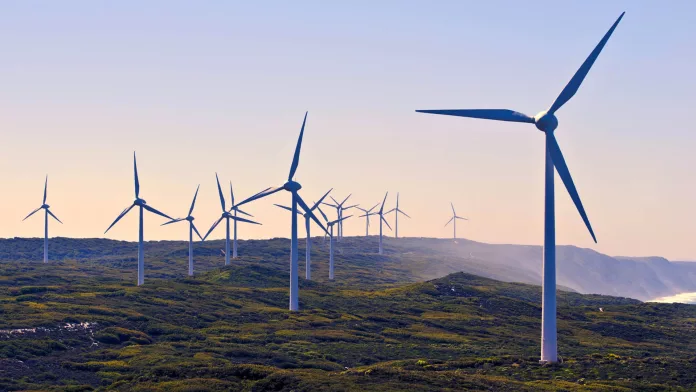Global mining giant Rio Tinto is setting an impressive example in the shift towards renewable energy by inking Australia’s largest-ever renewable power purchase agreement (PPA) with Windlab for the forthcoming 1.4GW Bungaban wind energy project. This long-term commitment highlights Rio’s dedication towards environmental responsibility and positions them as Australia’s top industrial consumer of green power.
Rio’s Leap towards Renewable Power
The deal aligns with the previous PPA for the Upper Calliope solar farm and promises to transform Rio Tinto’s significant operations in Gladstone, including the Boyne aluminium smelter and Yarwun and Queensland Alumina refineries. The strategic alliance with Windlab ensures that 80% of Bungaban’s output will power these industrial keystones for the next two-and-a-half decades. The project, still in its early stages, awaits approval for development and grid connection and will stand near Wandoan, a pivotal move closer to clean energy and industrial resilience.
Contributions to the National Grid and Beyond
The impact of this venture extends far beyond Rio’s industrial scope, as the remaining generation capacity from Bungaban is set to infuse Australia’s National Electricity Market, feeding clean electricity to households and businesses across the nation.
Impressive Carbon Emission Reduction Goals
When deployed, the collective impact of the dual renewable PPAs with Windlab and European Energy hints at an impressive reduction of roughly 5 million tonnes in annual carbon emissions. It could potentially satisfy a substantial 10% of Queensland’s prevailing electricity needs. With the Bungaban PPA, Rio Tinto boldly steps closer to achieving its ambitious climate target to halve its Scope 1 & 2 emissions within this decade.
Executive Insights and Project Milestones
Rio Tinto Chief Executive Jakob Stausholm articulated the significance of this progress in fortifying Gladstone’s operations and signaled the intricate planning involved in realizing a future-proof, renewable-powered industry in Central Queensland.
Windlab CEO John Martin echoed the sentiment, emphasizing the contribution such large-scale renewable developments bring to solidifying Queensland’s industrial strength and creating new job opportunities. The Bungaban project alone is poised to contribute significantly to the local economy, generating hundreds of jobs and channeling around $500 million into regional growth via local contracts and employment.
Upcoming Development and Benefits
Subject to necessary approvals, the Bungaban wind farm construction could kickstart by late 2025, with a target to supply electricity by 2029. This project is not only expected to offer employment to 600 people during the construction phase but also maintain 30 permanent positions when operational, further underscoring the sustainable job creation benefits of renewable energy projects.
In anticipation of the future, Rio Tinto is actively exploring partnerships and proposals to competitively meet the substantial energy demands of its Gladstone assets. Considering potential further electrification, the demand for clean electricity is poised to surge, prompting an even greater commitment to renewable energy sources.
These initiatives carve a path not only towards a greener corporate footprint for Rio Tinto but also support the global movement towards sustainable industrial development. The Bungaban wind farm project serves as a beacon of responsible energy production, foreshadowing the future of green industry in Australia.

























